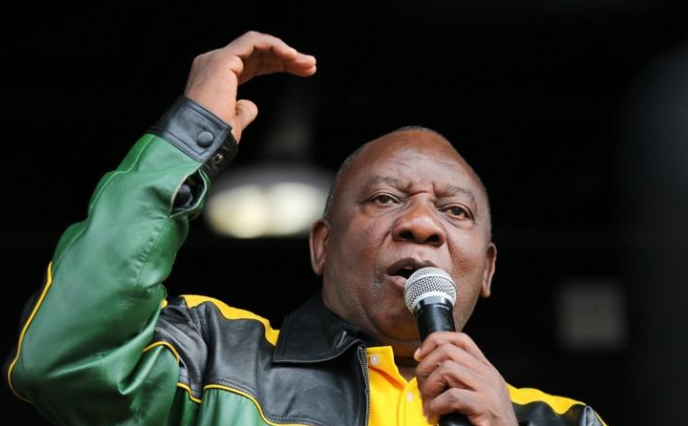×
The Standard e-Paper
Smart Minds Choose Us

Struggling farmer Meshack Ncongwane was a life-long supporter of South Africa’s governing African National Congress, but says the party won’t get his vote in parliamentary and provincial elections next week.
Local ANC officials offered him what he thought would be a lucrative stake in a dairy farm in 2013. He was one of 80 people who were to be given an equal portion of a 50 percent share in the venture funded by the local government.